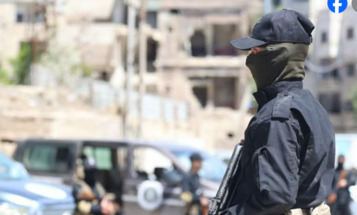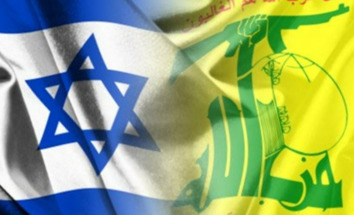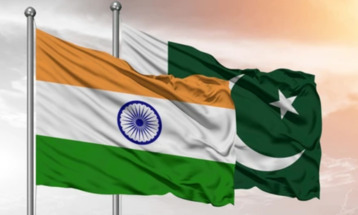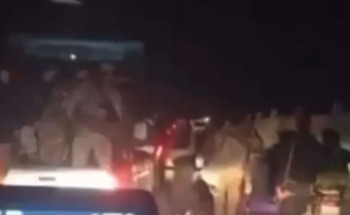-
Armenia’s political tensions still high after PM accuses military of attempted coup
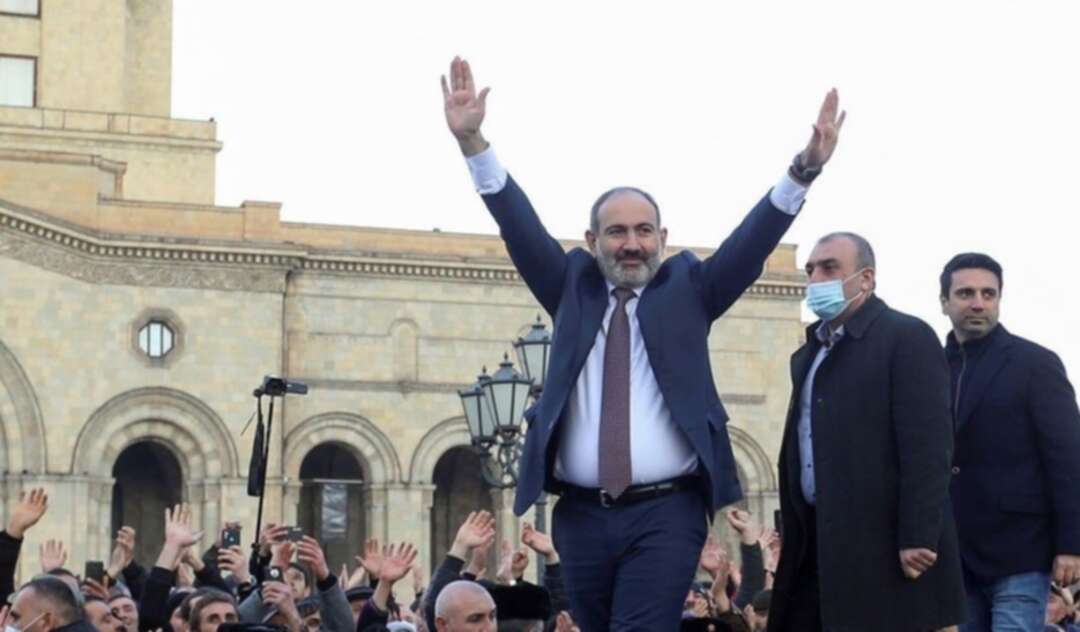
Political tensions in Armenia remained high Friday, a day after the prime minister accused top military officers who demanded his resignation of an attempted coup.
Nikol Pashinyan has faced opposition calls to step down over a Nov. 10 peace deal t
Earlier this week, Pashinyan dismissed the first deputy chief of the military’s General Staff that includes the armed forces’ top officers. In response, the General Staff called Thursday for Pashinyan’s resignation, but he doubled down and ordered that the chief of the General Staff be dismissed.
Pashinyan’s spat with the top military officers encouraged the opposition supporters. Over 20,000 rallied in the Armenian capital, demanding the prime minister’s resignation, while Pashinyan led his own supporters at a rival rally.
Some opposition demonstrators put up tents outside the government headquarters and barricaded the main avenue to press their demand for Pashinyan’s resignation.
The top military officers didn’t make any further moves Friday in the wake of their demand for Pashinyan to step down.
Pashinyan’s order on Thursday to dismiss the chief of the General Staff, Col.-Gen. Onik Gasparyan, is subject to approval by the nation’s largely ceremonial president, Armen Sarkissian, who has three days to decide.
Sarkissian, who has had previous frictions with Pashinyan and earlier called on him to step down, met Friday with the General Staff chief and opposition leaders but didn’t make any public statements.
Speaking at Friday’s rally, opposition leader Vazgen Manukyan said that “the next few days will be decisive for our struggle.” He added that if Pashinyan succeeds in forcing the General Staff chief out, “the army will rise.”
The crisis has its roots in Armenia’s humiliating defeat in heavy fighting with Azerbaijan over Nagorno-Karabakh that erupted in late September and lasted 44 days. A Russia-brokered agreement ended the conflict in which the Azerbaijani army routed Armenian forces — after more than 6,000 people died on both sides.
Pashinyan has defended the peace deal as a painful but necessary move to prevent Azerbaijan from overrunning the entire Nagorno-Karabakh region, which lies within Azerbaijan but was under the control of ethnic Armenian forces backed by Armenia since a separatist war there ended in 1994.
The political crisis in Armenia is being watched closely, particularly in Russia and Turkey, which are competing for influence in the South Caucasus region.
The United States and the European Union have urged all parties in Armenia to exercise calm and to de-escalate tensions.
hat ended six weeks of fierce fighting with Azerbaijan over the Nagorno-Karabakh region. The peace agreement saw Azerbaijan reclaim control over large parts of Nagorno-Karabakh and surrounding areas that had been held by Armenian forces for more than a quarter-century.
You May Also Like
Popular Posts
Caricature
BENEFIT Sponsors BuildHer...
- April 23, 2025
BENEFIT, the Kingdom’s innovator and leading company in Fintech and electronic financial transactions service, has sponsored the BuildHer CityHack 2025 Hackathon, a two-day event spearheaded by the College of Engineering and Technology at the Royal University for Women (RUW).
Aimed at secondary school students, the event brought together a distinguished group of academic professionals and technology experts to mentor and inspire young participants.
More than 100 high school students from across the Kingdom of Bahrain took part in the hackathon, which featured an intensive programme of training workshops and hands-on sessions. These activities were tailored to enhance participants’ critical thinking, collaborative problem-solving, and team-building capabilities, while also encouraging the development of practical and sustainable solutions to contemporary challenges using modern technological tools.
BENEFIT’s Chief Executive Mr. Abdulwahed AlJanahi, commented: “Our support for this educational hackathon reflects our long-term strategic vision to nurture the talents of emerging national youth and empower the next generation of accomplished female leaders in technology. By fostering creativity and innovation, we aim to contribute meaningfully to Bahrain’s comprehensive development goals and align with the aspirations outlined in the Kingdom’s Vision 2030—an ambition in which BENEFIT plays a central role.”
Professor Riyadh Yousif Hamzah, President of the Royal University for Women, commented: “This initiative reflects our commitment to advancing women in STEM fields. We're cultivating a generation of creative, solution-driven female leaders who will drive national development. Our partnership with BENEFIT exemplifies the powerful synergy between academia and private sector in supporting educational innovation.”
Hanan Abdulla Hasan, Senior Manager, PR & Communication at BENEFIT, said: “We are honoured to collaborate with RUW in supporting this remarkable technology-focused event. It highlights our commitment to social responsibility, and our ongoing efforts to enhance the digital and innovation capabilities of young Bahraini women and foster their ability to harness technological tools in the service of a smarter, more sustainable future.”
For his part, Dr. Humam ElAgha, Acting Dean of the College of Engineering and Technology at the University, said: “BuildHer CityHack 2025 embodies our hands-on approach to education. By tackling real-world problems through creative thinking and sustainable solutions, we're preparing women to thrive in the knowledge economy – a cornerstone of the University's vision.”
opinion
Report
ads
Newsletter
Subscribe to our mailing list to get the new updates!


